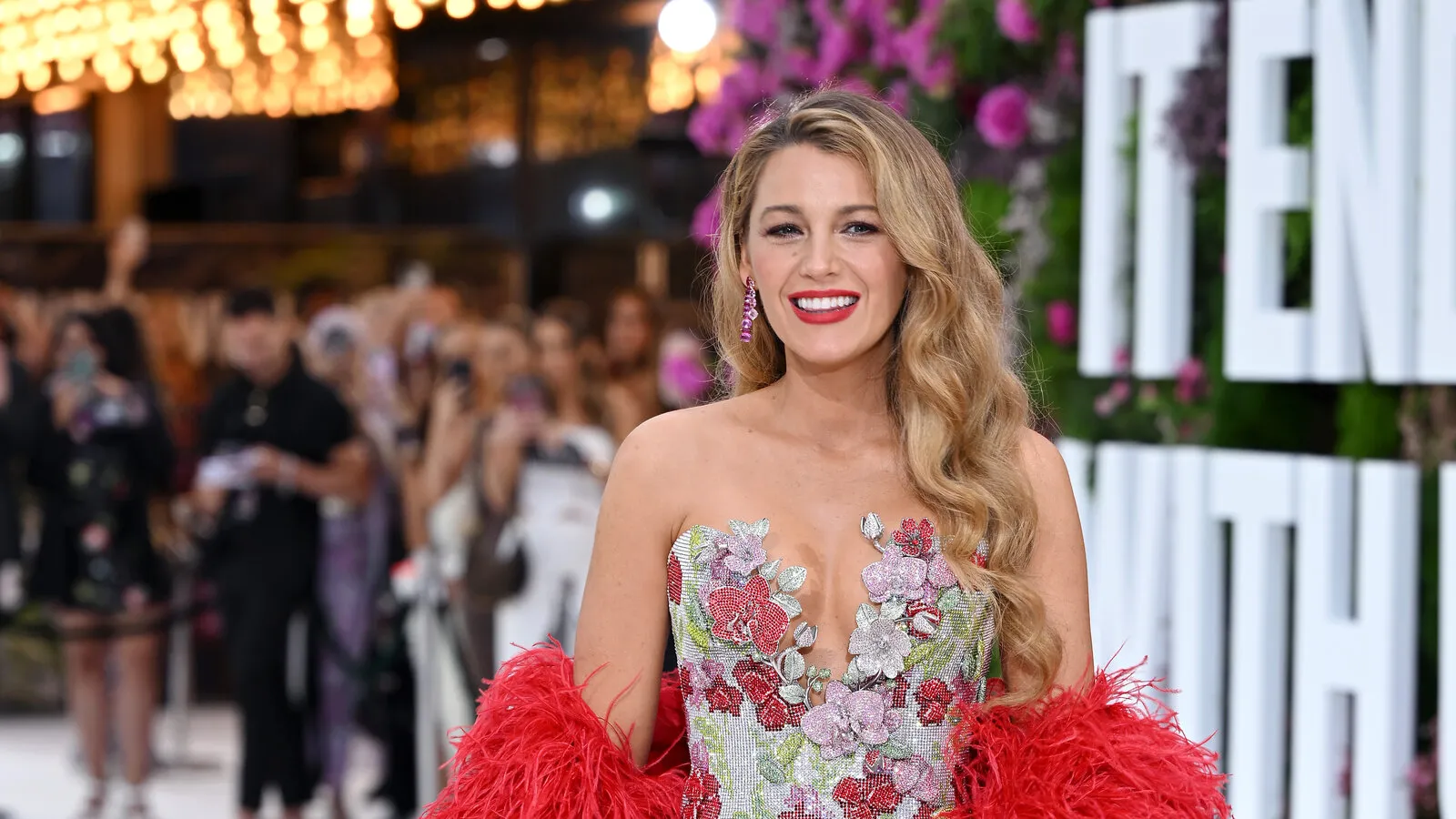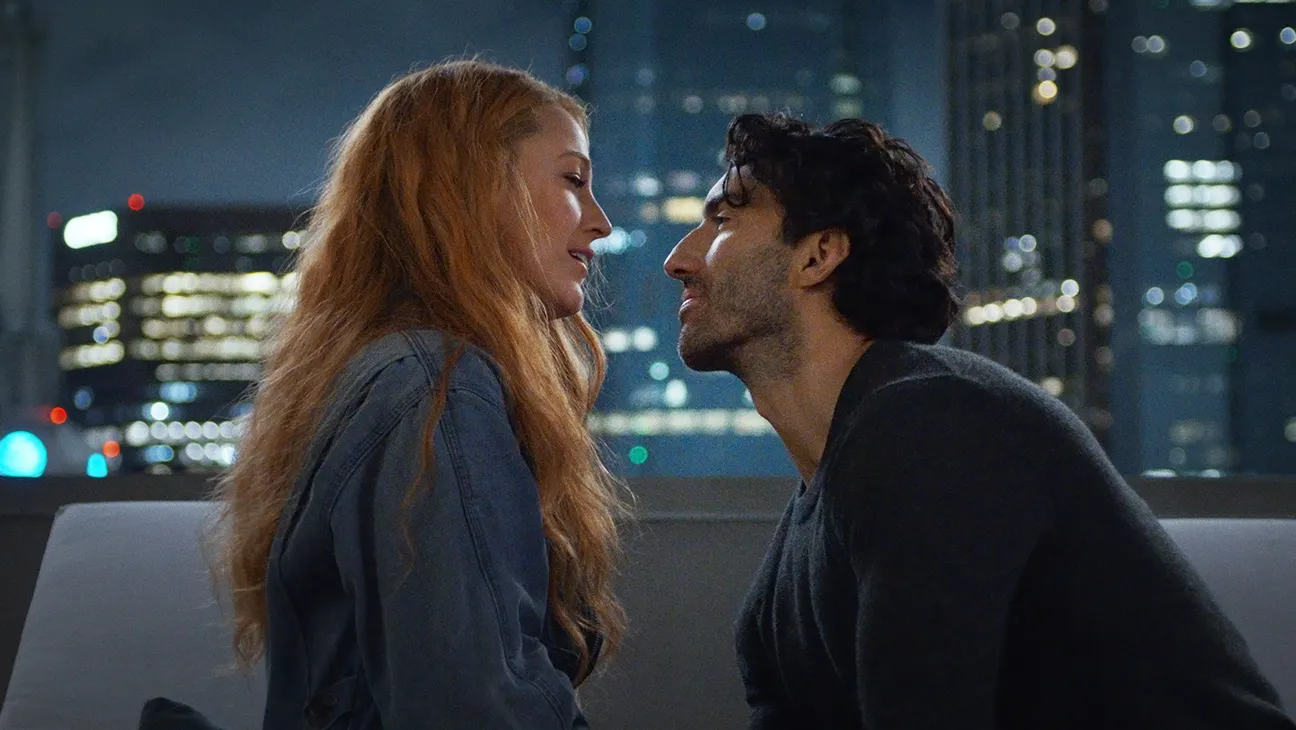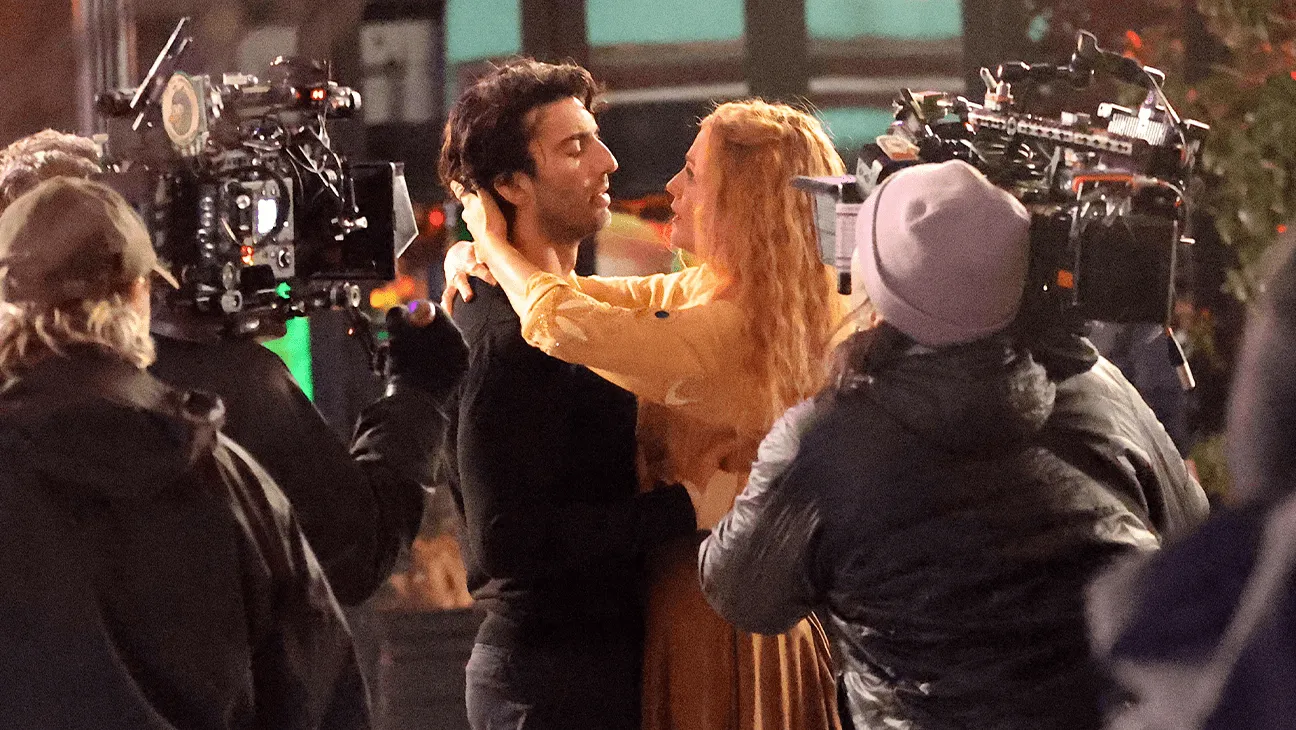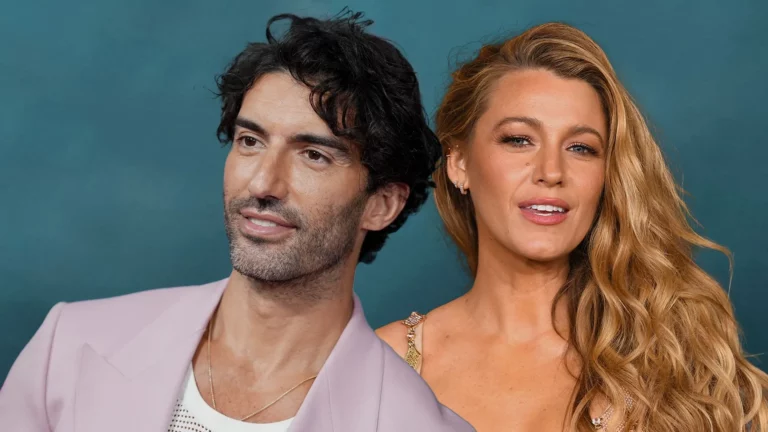Blake Lively’s career is a testament to her relentless pursuit of creative input. From her role in Gossip Girl to her compelling performance in The Age of Adaline, Lively has consistently pushed the boundaries of her job description. At SXSW, her initiative in defining her character’s androgynous style for A Simple Favor and its sequel was highlighted by director Paul Feig, who praised her innovative approach to wardrobe decisions.
Her involvement often extends to script adjustments and character development, demonstrating an unyielding desire to influence her projects profoundly. At the Forbes Power Women Summit, Lively candidly shared her views on the limitations of merely following directions, underscoring her need for a deeper engagement with her roles.

The Exception That Raises Eyebrows
However, an intriguing contrast in her career emerged during her collaboration with Woody Allen on Café Society. Unlike her other projects, Lively took a backseat in creative decisions, choosing to embrace Allen’s script as it was. In an interview, she expressed her admiration for Allen’s writing, stating, “It is the only time I have ever read a script and not looked at a script and said, how can I put this in my own words to make it more natural? I was like, no, I want his words, I want all of his words, and I want to improvise his words.”
This divergence from her usual modus operandi has sparked discussions among her fans and critics alike. It raises questions about what it was about Allen’s direction that made Lively step away from her customary interventions.

Industry Responses and Reactions
The industry’s reaction to Lively’s approach has been mixed. While Paul Feig appreciates her contributions, her experience with Justin Baldoni on the set of It Ends With Us suggests not all directors are as receptive to her hands-on style. This discrepancy in responses highlights a broader debate about the role of actors in the creative process of filmmaking.
Critics argue that Lively’s active involvement might overstep traditional boundaries, suggesting that perhaps she should consider roles behind the camera as well. Nonetheless, Lively defends her approach as an integral part of her artistic expression, likening it to a “treasure hunt” where she discovers and highlights overlooked elements in a script.

A Reflection on Creative Boundaries
Blake Lively’s journey in Hollywood is a compelling narrative of an actress unwilling to confine herself to traditional roles. Her actions, while occasionally controversial, illustrate a passionate commitment to the art of storytelling. As the landscape of cinema continues to evolve, her career will likely remain a fascinating case study of the interplay between actorship and authorship, challenging the norms of creative boundaries in the film industry.
